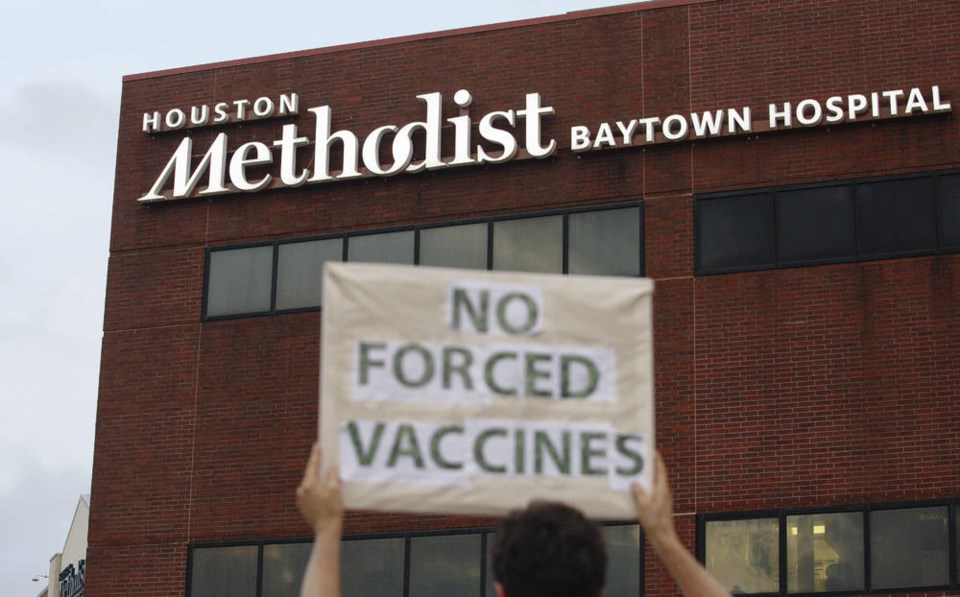I am fully vaccinated and extremely grateful to have received both of my shots. In my circle of friends and acquaintances, vaccinations are fully supported.
It seems that many people I speak with lately have mentioned that they have family members who are not keen on being vaccinated or have no intention of getting vaccinated. In my family, we also have people close to us who are anti-vaxxers.
In every aspect of life, vaccinations and beyond, I always appreciate that I have the right to have my own opinions and therefore, I feel deeply that I must respect others who have their own opinions, even if I disagree with them.
If someone does not want to get a vaccine, I feel that it is not my place to convince them in an unsolicited manner.
Even respecting people’s right to have their own opinions and to make decisions for their own bodies, vaccinations are something that people choose for their own health and the health of others.
When people have shared with me that some of their family members are not getting vaccinated, the conversation is more about navigating a way through these opinions and personal comfort levels. With the world opening up, this can raise many thoughts and questions.
When it comes to close friends and family, things can get difficult and boundaries are sometimes harder to set. People are concerned for their own health and, at the same time, they are yearning to spend time with family members. It can be hard to balance.
When the pandemic began, there was a similar discomfort when people were selecting their “safe six.” There were groups that I felt I would be included in but realized early on that I was not picked for the six-person roster. I knew I could not take it personally because people were following the guidelines. I had to remind myself that people were not intentionally excluding me.
In the same way that they had to make their “safe six,” now people are discovering their own comfort levels as we move our way through the reopening plan. This may include limiting or shortening time spent together or opting for outdoor visits.
My wise friend explained to me that there is a difference between anti-vaxxers and hesitant vaxxers. There is a slice of the population that might not be opposed to vaccines, but needs a little more time to come around.
As a mother of a child under 12, I must make decisions based on the fact that my daughter is not yet vaccinated. I will not preach for other people to be vaccinated, but I will plan strategically when making decisions based on my daughter’s safety.
As we navigate our way through these new times, there will be times when we need to have hard conversations and acknowledge that we won’t always agree with the people that we love.
Now that fully vaccinated people can go mask-free in public spaces, it may provide a tangible image of people who are fully vaccinated. (Yes, I do know that this is based on the honour system.)
At each wave of the pandemic and at each stage of reopening, we are entering unprecedented times. Sometimes things are messy and difficult, but at the end of the day, we need to know what our comfort levels are and feel supported when creating boundaries that reflect where we are at individually.
Whether you are the person establishing a boundary or being told a boundary, do your best to share or receive the information with respect.
charla@makola.bc.ca



